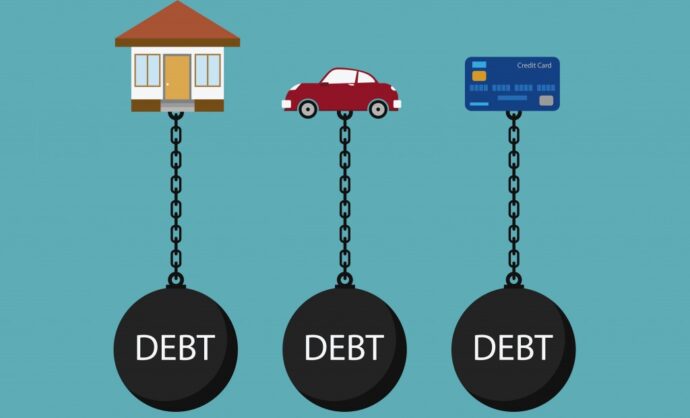How To save Enough Money To Buy A Home
Buying a home can feel like climbing a mountain. It's b...



Debt can be a heavy burden. But what happens to that debt when someone passes away? If you’re in India or have loved ones there, it’s crucial to understand how debt works after death. This guide breaks it down simply.
When someone dies, their debts don’t just vanish into thin air. They’re passed on to their estate, which is the sum of all their belongings, money, and debts. Think of it like cleaning out a messy room. You have to deal with what’s there, good and bad.
The estate is responsible for paying off any debts before anything else is distributed. This means creditors may claim what they’re owed from the deceased’s assets. If the estate has enough money or property, debts can be cleared. But what happens if it doesn’t?
In India, family members are usually not responsible for the deceased’s debt unless they co-signed on loans or credit. It’s like sharing a pizza: if you didn’t agree to share, you’re not stuck with someone else’s slices. However, funeral expenses may fall on family or close relatives.
Different types of debt can affect how things pan out:
When a loved one passes, there are steps to follow to manage debts:
Planning ahead can make a big difference. Writing a will can clearly define who gets what. It’s like drawing a map; it helps loved ones find their way through the chaos. With a clear plan, debts can be managed better after one passes.
Debt doesn’t just disappear when someone dies. It’s important to understand how debt works in India and what steps to take. Knowing these facts can help ease the burden on family and make tough times a bit easier. Remember, be proactive. Understanding the rules surrounding debt can prepare you for the unexpected.
Buying a home can feel like climbing a mountain. It's b...
Owning a home is a dream for many. It's more than just ...